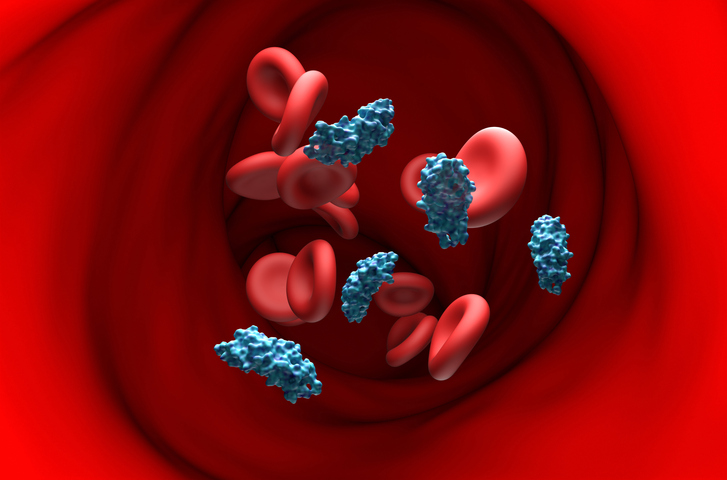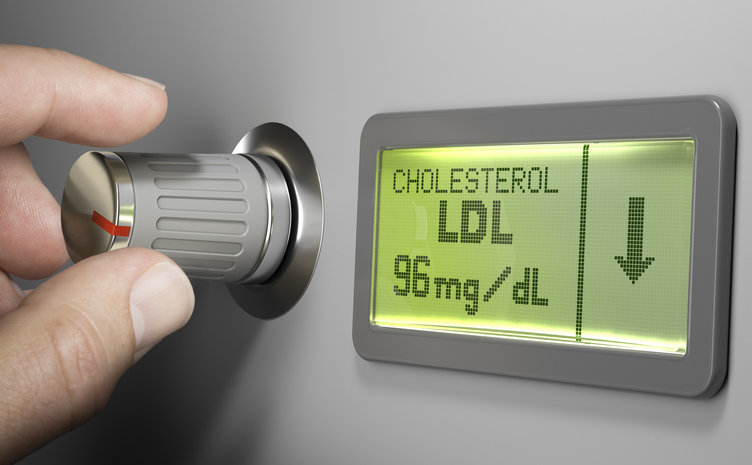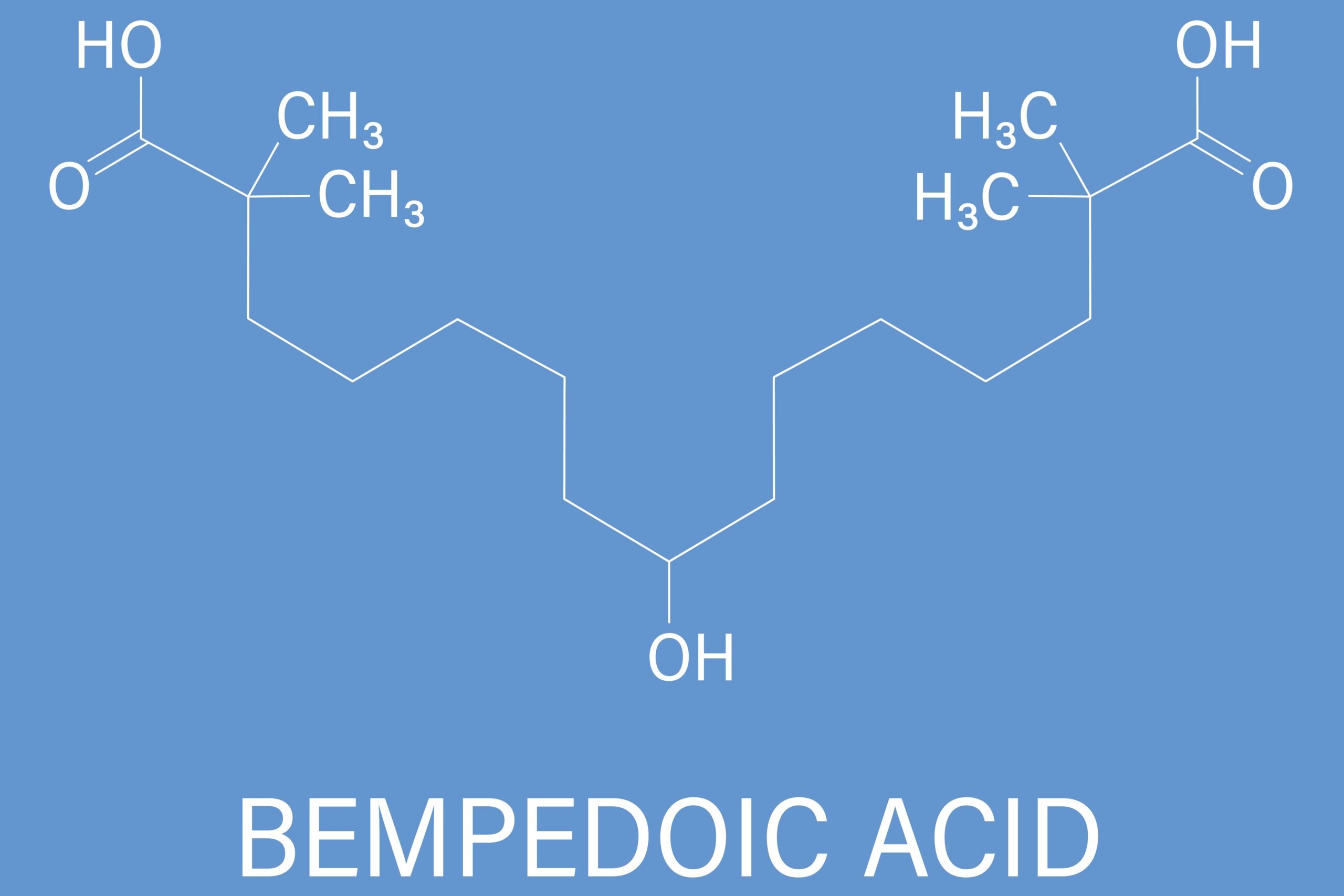
A new Scientific Advisory from the American Heart Association noted that current research does not support a numeric cap on cholesterol from consumed food, as well as good news for those who like an egg every once in a while.
The advisory, published in Circulation, also noted that heart-friendly diets are naturally low in low-density lipoprotein cholesterol, so that the reduction of dietary cholesterol remains good clinical advice as well.
“Consideration of the relationship between dietary cholesterol and CVD risk cannot ignore two aspects of diet,” said Jo Ann S. Carson, PhD, RDN, LD, immediate-past chair and current member of the American Heart Association’s nutrition committee and professor of clinical nutrition at UT Southwestern Medical Center in Dallas, Texas, in an AHA press release. “First, most foods contributing cholesterol to the U.S. diet are usually high in saturated fat, which is strongly linked to an increased risk of too much LDL cholesterol. Second, we know from an enormous body of scientific studies that heart-healthy dietary patterns, such as Mediterranean-style and DASH style diets (Dietary Approaches to Stop Hypertension) are inherently low in cholesterol.”
A Daily Egg?
One of the noteworthy findings was that in general, egg intake was not associated with an increased risk for cardiovascular disease in the studies analyzed for the Advisory. The AHA notes that it is possible to eat a whole egg (or the equivalent, such as five shrimp) daily as part of a heart-healthy diet.
The AHA said in the release that it continues to support the 2019 American College of Cardiology (ACC)/AHA Guidelines on the Primary Prevention of Cardiovascular Disease for the reduction of reduced dietary cholesterol intake for overall heart health.
“Eating a nutrient-rich diet that emphasizes fruits, vegetables, whole grains, low-fat or fat-free dairy products, lean cuts of meat, poultry, fish or plant-based protein, nuts and seeds, [is recommended],” Carson said. “Saturated fats–mostly found in animal products such as meat and full fat dairy, as well as tropical oils–should be replaced with polyunsaturated fats such as corn, canola or soybean oils. Foods high in added sugars and sodium (salt) should be limited.”
New @American_Heart #diet advisory published today https://t.co/YzZuAA1gZd with their persistent non-fat, low fat dairy products, avoidance/restriction of animal fat and eggs mantra #openaccess
cc @garytaubes @ethanjweiss pic.twitter.com/sxh11ch1b9— Eric Topol (@EricTopol) December 16, 2019
http://twitter.com/greg_wyant/statuses/1206603207960678401
Some of the least heart healthy suggestions…low fat/non fat dairy and all lean protein, sigh 😔..sans eggs and other types of animal protein https://t.co/QeTw90oNKx
— Cynthia Thurlow, NP (@_CynthiaThurlow) December 16, 2019
#RCT data demonstrate an increase in total cholesterol (11.2 mg/dL), LDL cholesterol (6.7 mg/dL), and HDL cholesterol (3.2 mg/dL) in those randomized to high versus low dietary cholesterol for at least one month of follow up @HeartNews @American_Heart https://t.co/gbKFeBhjHs
— Alexander C. Razavi (@AlexRazavi) December 16, 2019







 © 2025 Mashup Media, LLC, a Formedics Property. All Rights Reserved.
© 2025 Mashup Media, LLC, a Formedics Property. All Rights Reserved.